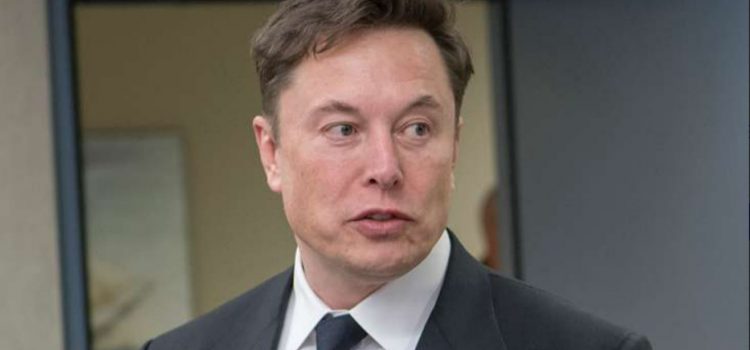
What’s it like to work for Elon Musk? How does he bring his personality into his businesses?
Renowned biographer Walter Isaacson shadowed Elon Musk for two years. He found that Musk’s leadership mindset is entirely mission-focused with an emphasis on challenging workers rather than nurturing them in any way.
Keep reading to learn about Elon Musk as a leader.
Elon Musk as a Leader
When Isaacson examined Elon Musk as a leader, he discovered several characteristics that are central to Musk’s style: the creation of high-intensity work environments, a system for streamlining everything a business does or creates, and an outright denial that human empathy has any place in the pursuit of innovation. Let’s take a look at each one in some detail.
High-Intensity Work Environments
According to Isaacson, Musk thrives on intensity and chaos and sees bringing that energy to his companies as a net positive. He achieves this by setting very tight and seemingly arbitrary deadlines for project objectives. To meet these deadlines, Musk encourages his teams to experiment, fail, and try something new, without being afraid to jury-rig solutions to problems. Musk’s deadlines force his managers and engineers to think creatively and simplify projects down to their basic principles, but they can also be demoralizing in the extreme, especially when team members believe Musk asks for things that are impossible to achieve.
(Shortform note: In technology journalist Ashlee Vance’s 2015 biography Elon Musk, he paints Musk’s insistence on astonishingly tight deadlines in a more positive light. Vance suggests that Musk’s employees understood that Musk’s most extreme deadline expectations had to be taken with a grain of salt. Vance highlights the positive outcomes of Musk’s ambitious scheduling, such as beating industry expectations if not living up to Musk’s own. Isaacson acknowledges this as well while drawing attention to the mental and physical toll of round-the-clock work.)
Streamlined Systems
Isaacson writes that Musk’s workers often find that his high-speed deadlines are in fact achievable via Musk’s method of streamlining systems. First, he demands that engineers and designers question each supposedly necessary mandate, such as what materials to use, how many lines of code a program needs, or even what safety measures should be followed. Next, Musk demands that any process or component of a system that can be deleted should be. Once that’s been done, whatever’s left in a product or procedure should be optimized and accelerated.
(Shortform note: In Think Like a Rocket Scientist, Ozan Varol takes Musk’s concepts of first-principles thinking and simplification and shows how to apply them to any type of business. To do so, you must focus on subtracting whatever you can from a system to increase efficiency while viewing your business as a competitor would, looking for weaknesses to be eliminated. You will often have to reframe your basic problems, forgetting about the process entirely and determining what your actual goal is. Musk did this with PayPal when he realized that his goal was to simplify online banking rather than duplicate traditional banking in the digital world.)
No Room for Empathy
The third component of Musk’s management style, and the one that does perhaps the most to alienate the people Musk works with, is that Musk rejects human empathy as a valuable leadership skill. Musk has often said that managers who are friends with their workers can’t be good managers—they won’t be able to challenge their workers and give harsh, if necessary, feedback and criticism. Isaacson says that in Musk’s view, there’s a binary choice between protecting colleagues’ feelings and achieving goals. Musk himself has never been shy about confronting others in hard, unfiltered language, and while he’s used that to his advantage, those closest to him claim it’s a facet of Musk’s personality that he learned from his abusive father.
(Shortform note: Musk isn’t alone in suggesting that empathy is overrated. In Against Empathy, Paul Bloom argues that decisions based on empathy are often counterproductive. While empathy increases our short-term kindness, it leads to making irrational choices with negative long-term consequences. In place of empathy, Bloom recommends practicing reasoned compassion, which he describes as an intellectual focus on other people’s overall welfare rather than their feelings at the moment. Given Musk’s stated concern for the well-being of the whole human race, it might be argued that he’s attempting reasoned compassion on a grand scale.)






